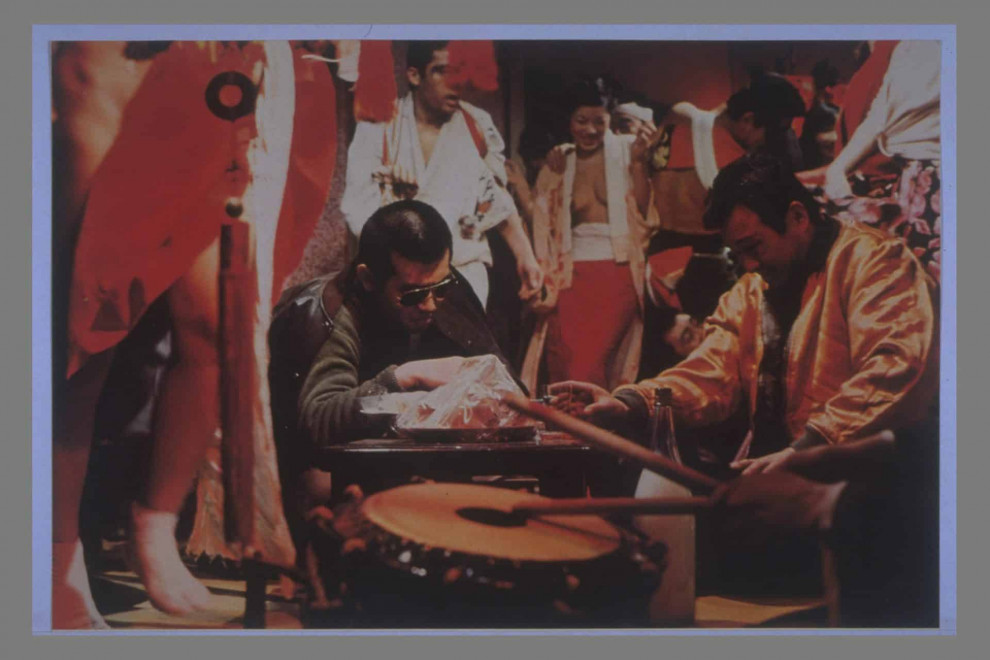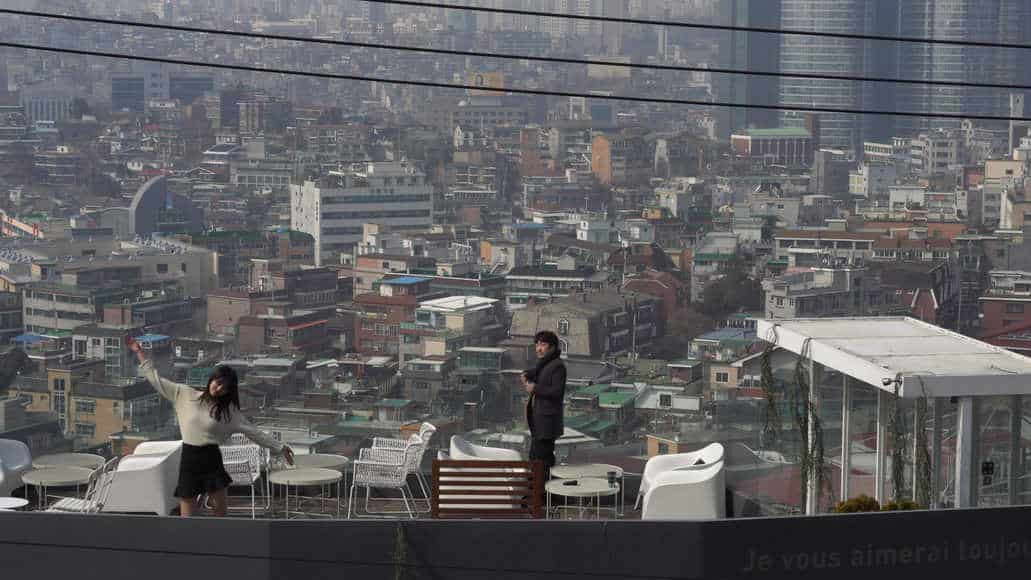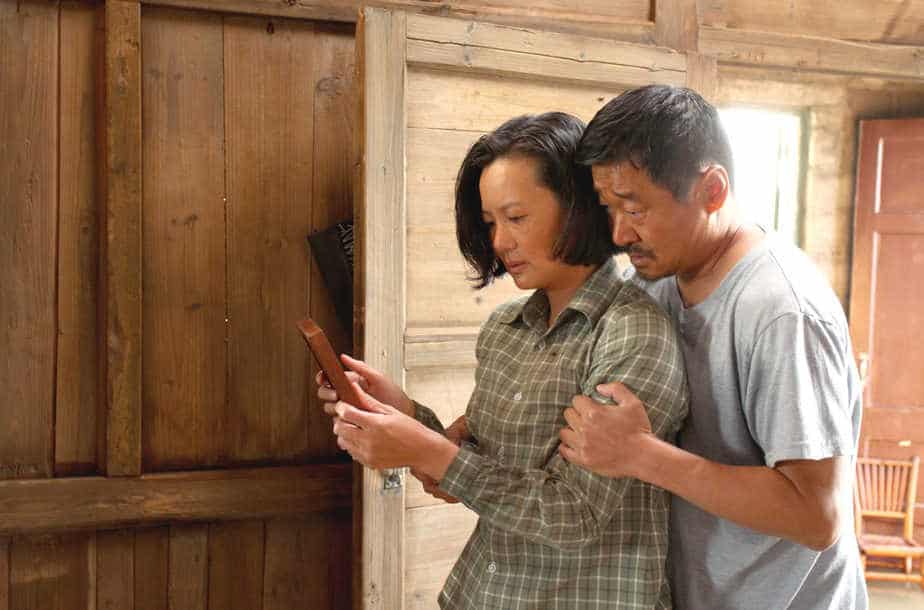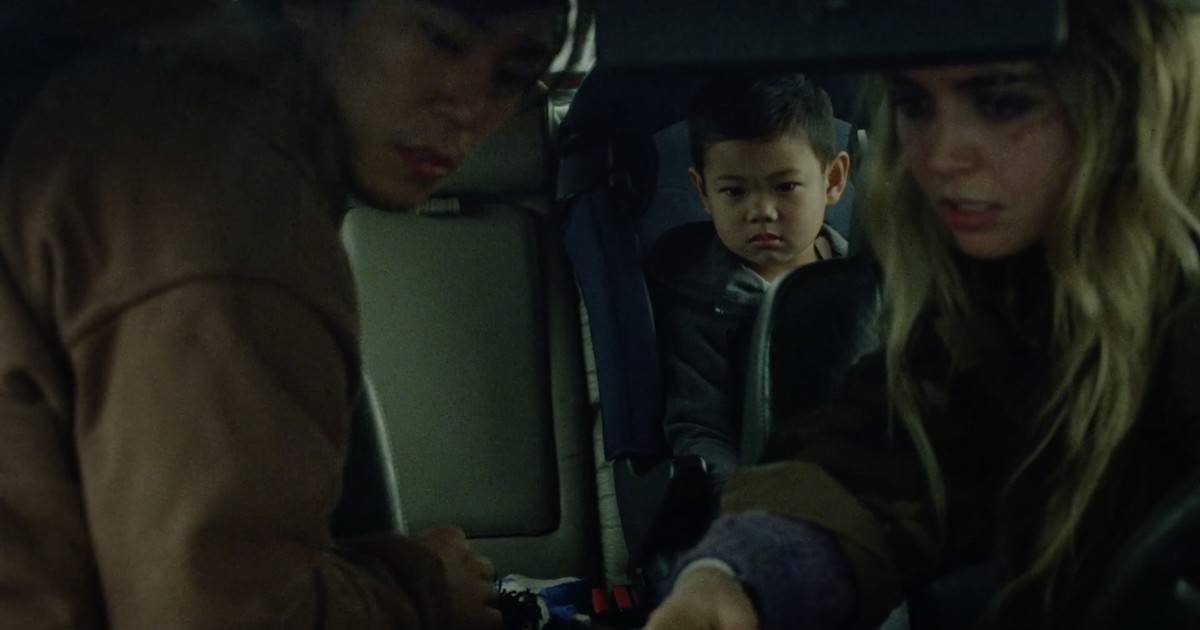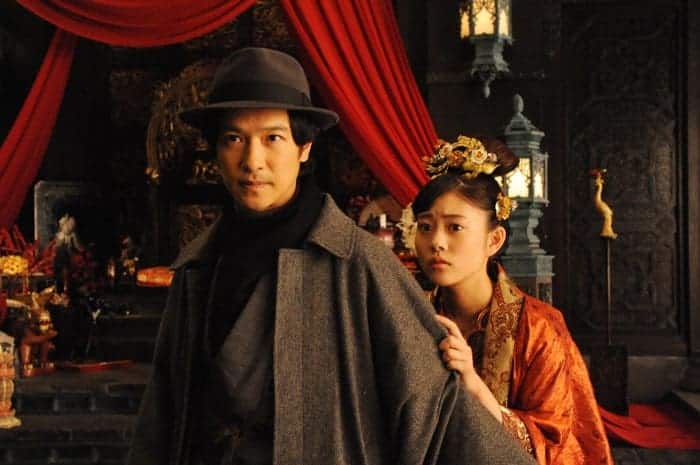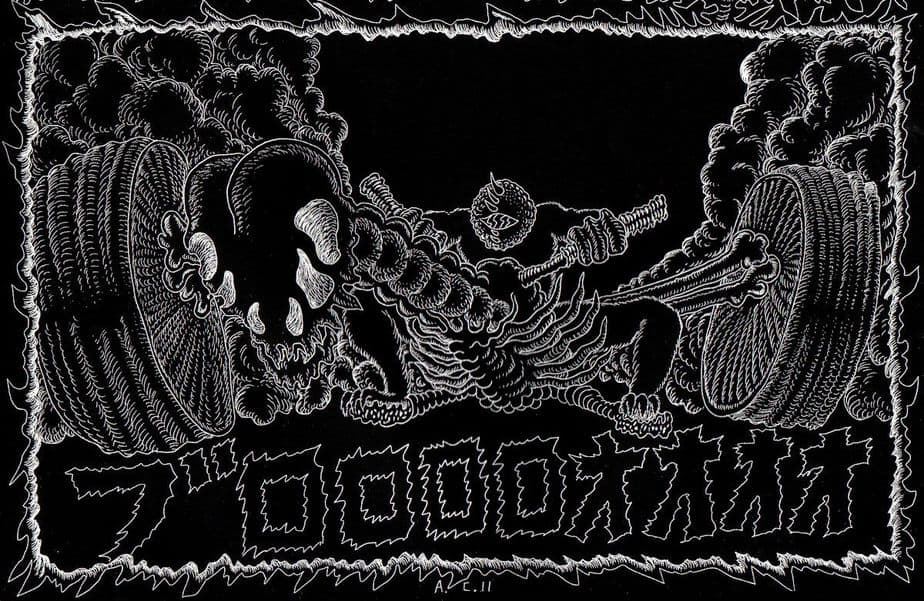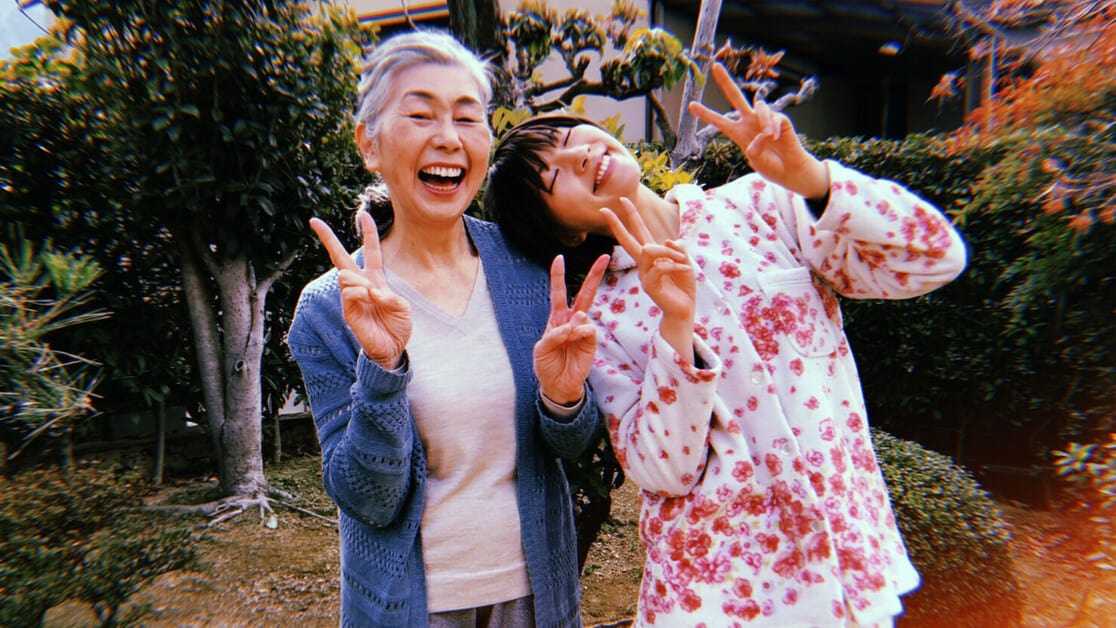The 1970s were arguably the busiest period within the career of esteemed Japanese director Kinji Fukasaku. While continuing the “New Battles Without Honor and Humanity”-series of movies, he adapted his unique take on the yakuza movie on other projects as well, adding new aspects to the themes of his work, the portrayal of post-war Japan, the link between crime and politics, as well as the destructive male behavior. Even though he had already introduced many notable characters in his movies, perhaps his interpretation of Rikio Ishikawa, the protagonist of Fujita Goro's work on the life of this real-life yakuza, is the most unforgettable. In “Graveyards of Honor”, Fukasaku explores the nature of self-destructive behavior, making a bold and quite bleak statement about the direction his home country was heading for in the 1970s.
Buy This Title

After having left his parental home, Rikio Ishikawa (Tetsuya Watari) heads to Tokyo to fulfill his dream of becoming a yakuza. Starting as a footsoldier for the powerful Kawada family, he quickly makes a name for himself due to his violent and unpredictable nature, often causing unnecessary friction between the Kawada clan and other families. However, because of his loyalty to the leaders of the family, he stays within their ranks, dreaming of one day becoming a boss and starting a family himself.
Nevertheless, matters become complicated when Rikio's behavior threatens the political aspirations of Kisaboru Nozu (Noboru Ando), who controls the black market and is a close associate with the Kawadas. As an all-out war can only be prevented in the last moment, it becomes apparent Rikio is less of an asset and more of a danger to the yakuza, resulting in him being banned from the ranks of the gangsters and also from Tokyo for the duration of ten years. Bitterly disappointed by the actions of his own yakuza family, Rikio starts using drugs and prepares his ultimate return to Tokyo, planning to take revenge on those who wronged him.
On the surface, a story such as “Graveyard of Honor” looks and feels very much like your typical yakuza movie, especially when you have watched the previous works of its director. However, there is a vast difference between Rikio Ishikawa to Shozo Hirono, one of the most important figures within the “Battles Without Honor and Humanity”-series, played by Bunta Sugawara in all the entries. Whereas the latter tried to stay alive, make a name for himself and perceived the yakuza as a means to get by in the grim world of post-war Japan, Rikio seems to regard the gangsters as a surrogate family. Described by the voice-over and the statements of various friends of his real family as a weakling and a crybaby, Rikio is also an outsider given his mentality which is not driven by violence at all, but his drive to be loved and accepted.
At the same time, his longing for acceptance inevitably clashes with the realities of Japan in the 1940s and especially with the hierarchy and rules of the yakuza. Based on obedience, control and profit, the emotions Rikio experiences label him an outsider in this new family as well, resulting in him being punished for deeds he perceives as demonstrations of his love, loyalty and dedication. Actor Tetsuya Watari gives an incredibly emotional and physical performance in the part, understanding this character's need for acceptance, but also the kind of disappointment and frustration when his surrogate family abandons him and leaves him to rot in prison. Set on self-destruction, he continues to destroy everything he holds dear, making his story also one about the failure of state and society to address other notions besides profiteering and drives for power.
On a technical level, “Graveyard of Honor”, especially for those viewers familiar with the director's other works, utilizes Fukasaku's hyper-realistic style, often bordering on documentary. The frantic editing by Osamu Tanaka as well as the frequent use of hand-held camera emphasize the notion of a world and characters being out of control, as well as the general sense of chaos inherent in the times they live in. At the same time, it has to be said this notion of chaos comes at a price, for many viewers will lose oversight about what is actually happening on screen.
In the end, “Graveyard of Honor” by Kinji Fukasaku is a continuation of the themes the director has explored in his other works, while it also is an especially bleak study on self-destructive behavior and corruption within post-war Japan. Within the ensemble cast, Tetsuya Watari's performance clearly stands out as the heart and soul of this film, highlighting the search of a man for acceptance as well as the bitter disappointment when the world does not deliver on that wish.


